UNICEF calls Gaza world’s ‘most dangerous place’ for children
The Gaza Strip is “the most dangerous place” in the world to be a child, the head of the United Nations children's agency UNICEF says, adding that the Palestinian children are living in catastrophic conditions.
Addressing the UN Security Council on Wednesday, UNICEF Executive Director Catherine Russell said that based on the recent figures, children account for 40% of the deaths in Gaza.
“More than 5,300 Palestinian children have been reportedly killed in just 46 days ... or over 115 a day, every day, for weeks and weeks. Based on these figures, children account for 40% of the deaths in Gaza. This is unprecedented,” she said.
“In other words, the Gaza Strip is the most dangerous place in the world to be a child,” Russell said, adding that “in Gaza, the effects of the violence perpetrated on children have been catastrophic, indiscriminate and disproportionate.”
She also said UNICEF is receiving reports that “more than 1,200 children” remain under the rubble of bombed-out buildings or are otherwise unaccounted for.
Although she welcomed the hard-won truce deal between Hamas and the Israeli regime, involving the release of captives and a temporary pause to the intense fighting and bombardment in Gaza, she said the deal is insufficient to ensure the safety and well-being of children.
“UNICEF is calling for an urgent humanitarian ceasefire to immediately put a stop to this carnage,” Russel said, adding that humanitarian pauses are “simply not enough.”
Today I briefed the Security Council after my visit to Gaza. I’m haunted by what I saw & heard.
— Catherine Russell (@unicefchief) November 22, 2023
The effects of the violence perpetrated on children is catastrophic. The violence must end! All hostages, especially children, must be released. My remarks▶️ https://t.co/UQecT4n0n5
“We are concerned that further military escalation in the south of Gaza would exponentially worsen the humanitarian situation there ... causing additional displacement ... and squeezing the civilian population into an even smaller area. Attacks on the South must be avoided,” Russel continued.
Warning that based on UNICEF estimates, acute malnutrition in children living in Gaza could increase by nearly 30 per cent over the next months, the UN official added that “one million children - or all children inside the territory - are now food insecure, facing what could soon become a catastrophic nutrition crisis.”
The UNICEF head also expressed concern over increasing number of displaced children who have been separated from their families along evacuation corridors to the south, or who are otherwise arriving unaccompanied to hospitals for medical care.
“Today, well over 1.7 million people in Gaza, half of whom are children, are displaced,” she said, warning that these children must be identified to receive temporary care, and be given access to family tracing and reunification services.
Addressing the Security Council, Russel also condemned Israeli attacks on schools and hospitals and said “hospitals should never be attacked or used by combatants.”
“We are also seeing devastating attacks on schools, with close to 90 per cent of all school buildings sustaining damage. Nearly 80 per cent of the remaining school facilities are being used as shelters for internally displaced people. But even these spaces, where children and families have sought safety after fleeing their homes, have come under attack.
“Of note, the number of deaths in the present crisis has far surpassed the total number of deaths during previous escalations. For comparison, a total of 1,653 children were verified as killed in 17 years of monitoring and reporting of grave violations between 2005 and 2022,” she added.
Separately, the head of the United Nations Population Fund (UNFPA), Natalia Kanem, warned at the Security Council meeting that there are 5,500 pregnant women expected to give birth in Gaza in distressing conditions in the coming month.
“Every day approximately 180 women deliver under appalling conditions, the future for their newborns uncertain,” Kanem said, adding that UNFPA was also worried about some 7,000 women who gave birth over the past 47 days and lack access to care, water, sanitation and nutrition.
Since the start of the aggression, the Tel Aviv regime has killed 14,532 Palestinians, including about 6,000 children and 3,920 women, and injured more than 33,000 others.
Global congratulations pour in for anniversary of Islamic Revolution
Pezeshkian: Iranians have taken to streets to defend country
Netanyahu pushing to turn US into ‘slave state for Israel’s expansionist dreams’: Analyst
Iran’s security chief meets with Yemen's Ansarullah official in Oman
Mass shootings at school, home in Canada leave 10 dead, including shooter
Millions rally across Iran to mark 47th anniversary of Islamic Revolution
#IR47: How Iran’s martyred commanders found faith, purpose and mission in Islamic Revolution
#IR47: Long walk to freedom - Imam Khomeini and the Iranian nation’s epoch-making moment



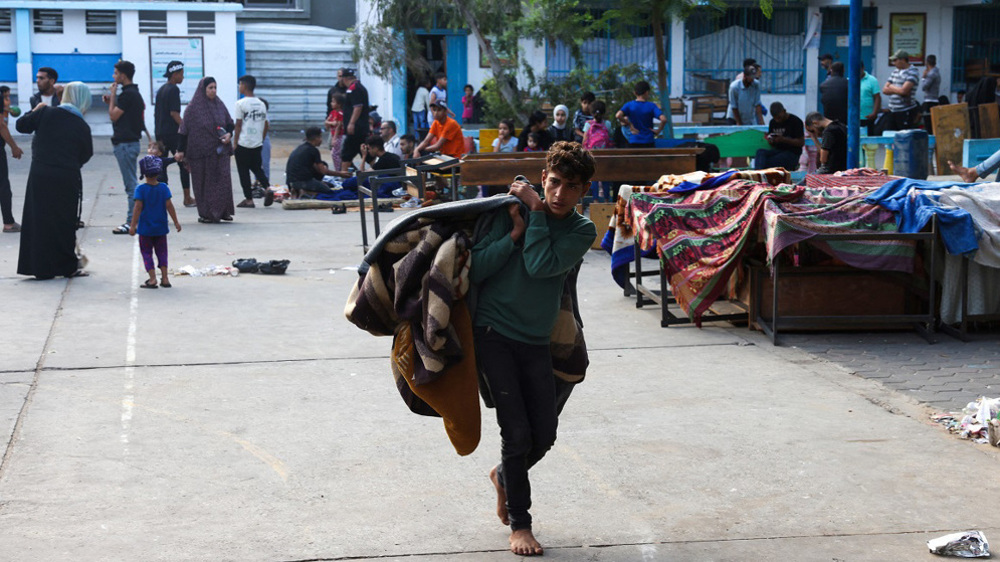
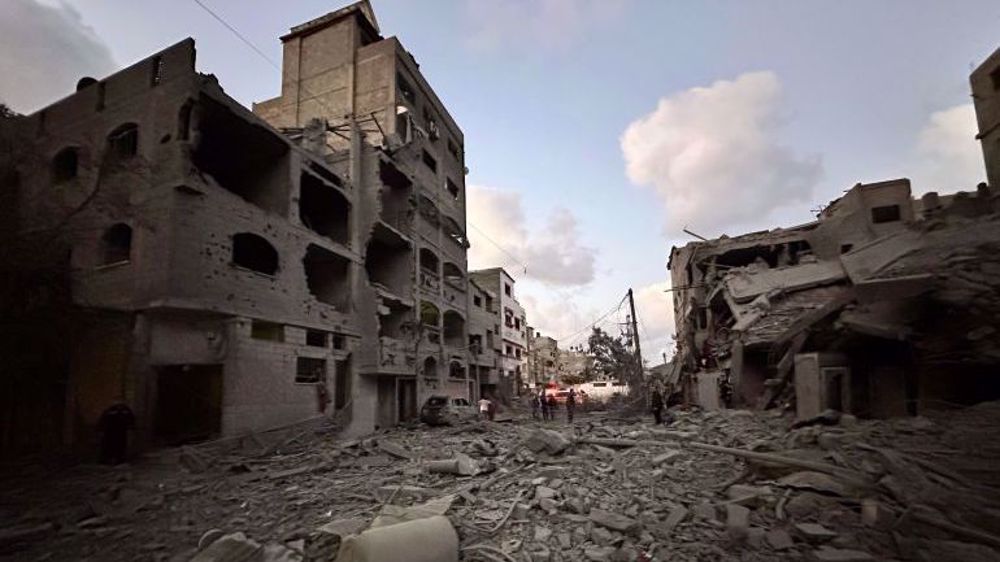
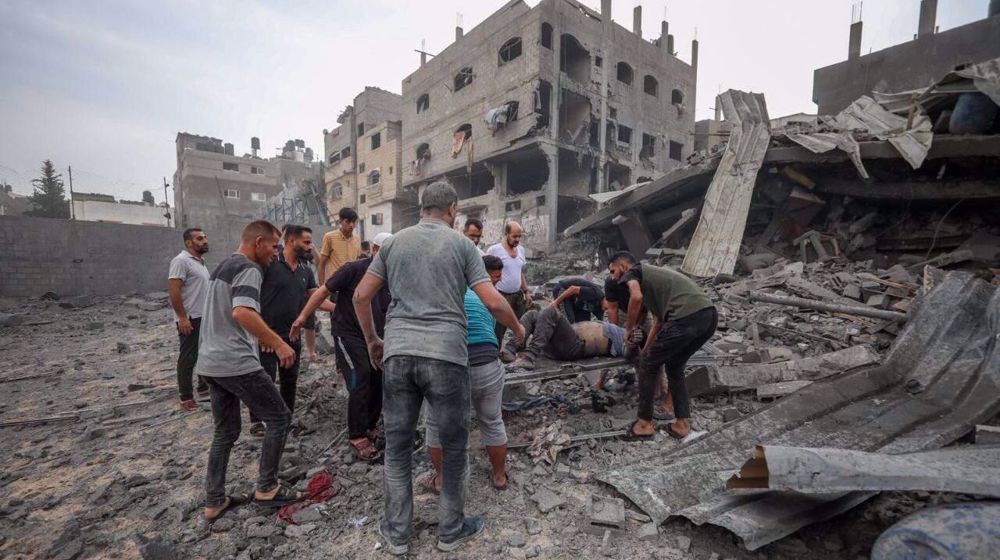
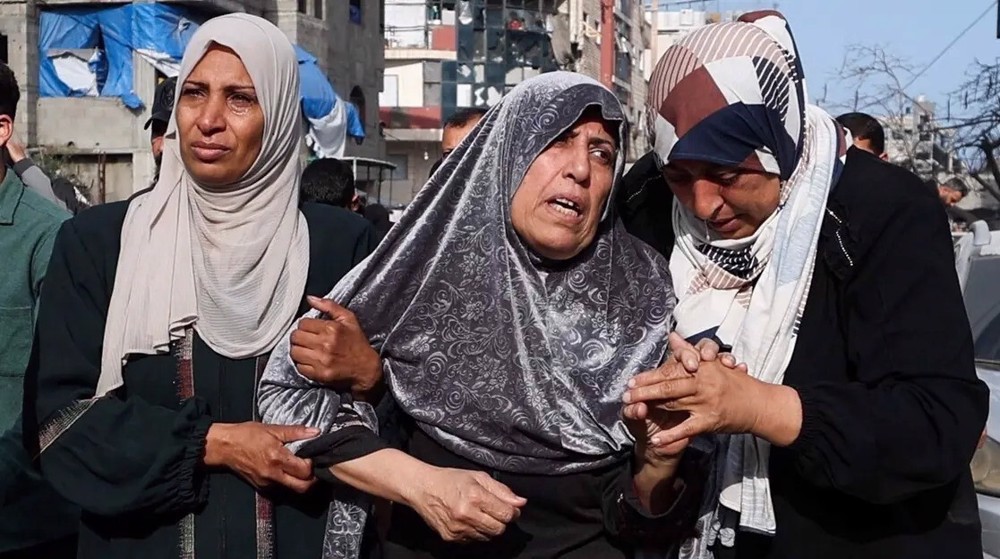
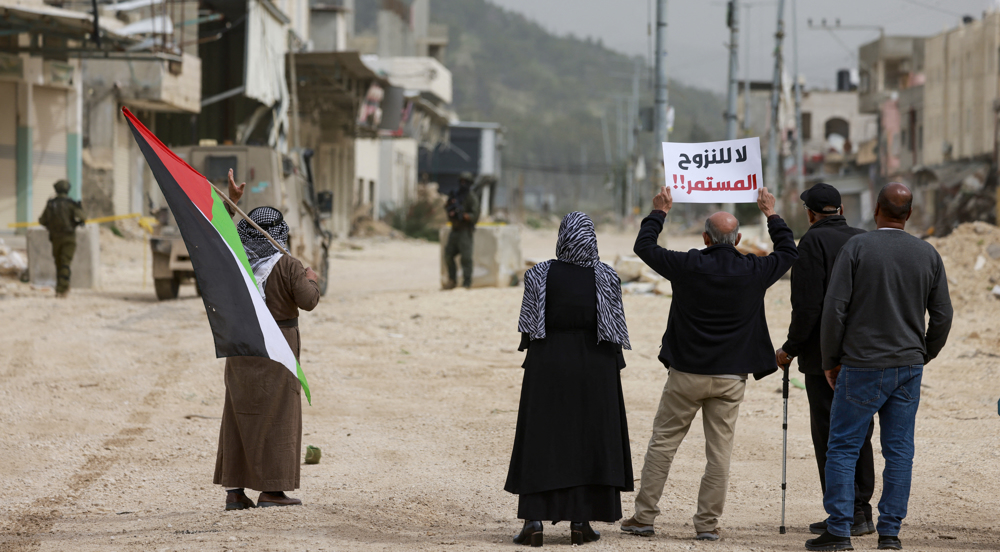



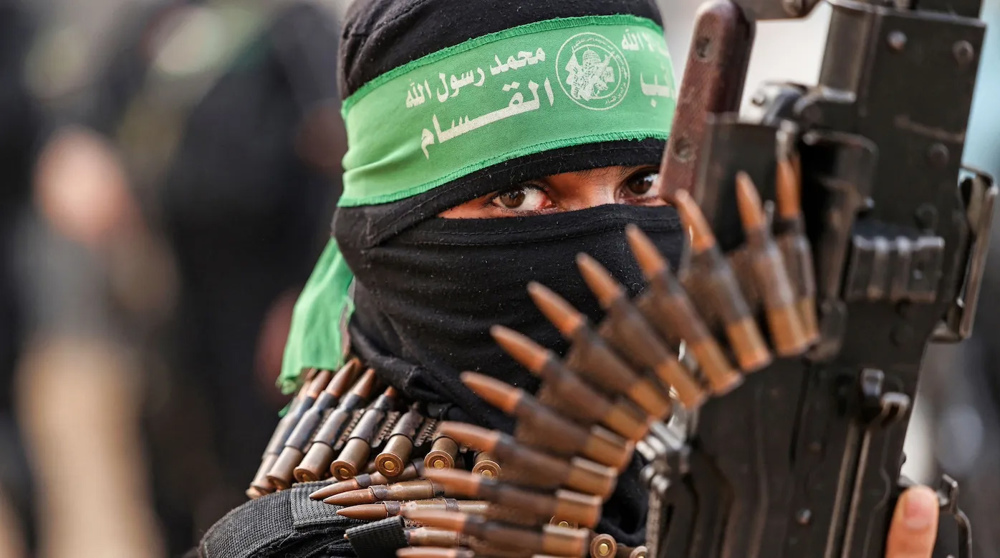


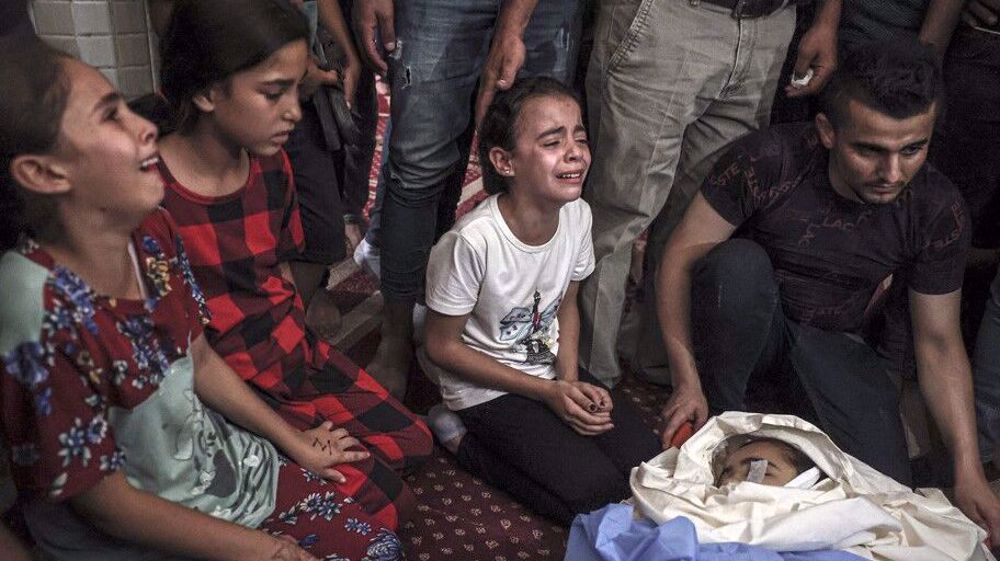

 This makes it easy to access the Press TV website
This makes it easy to access the Press TV website